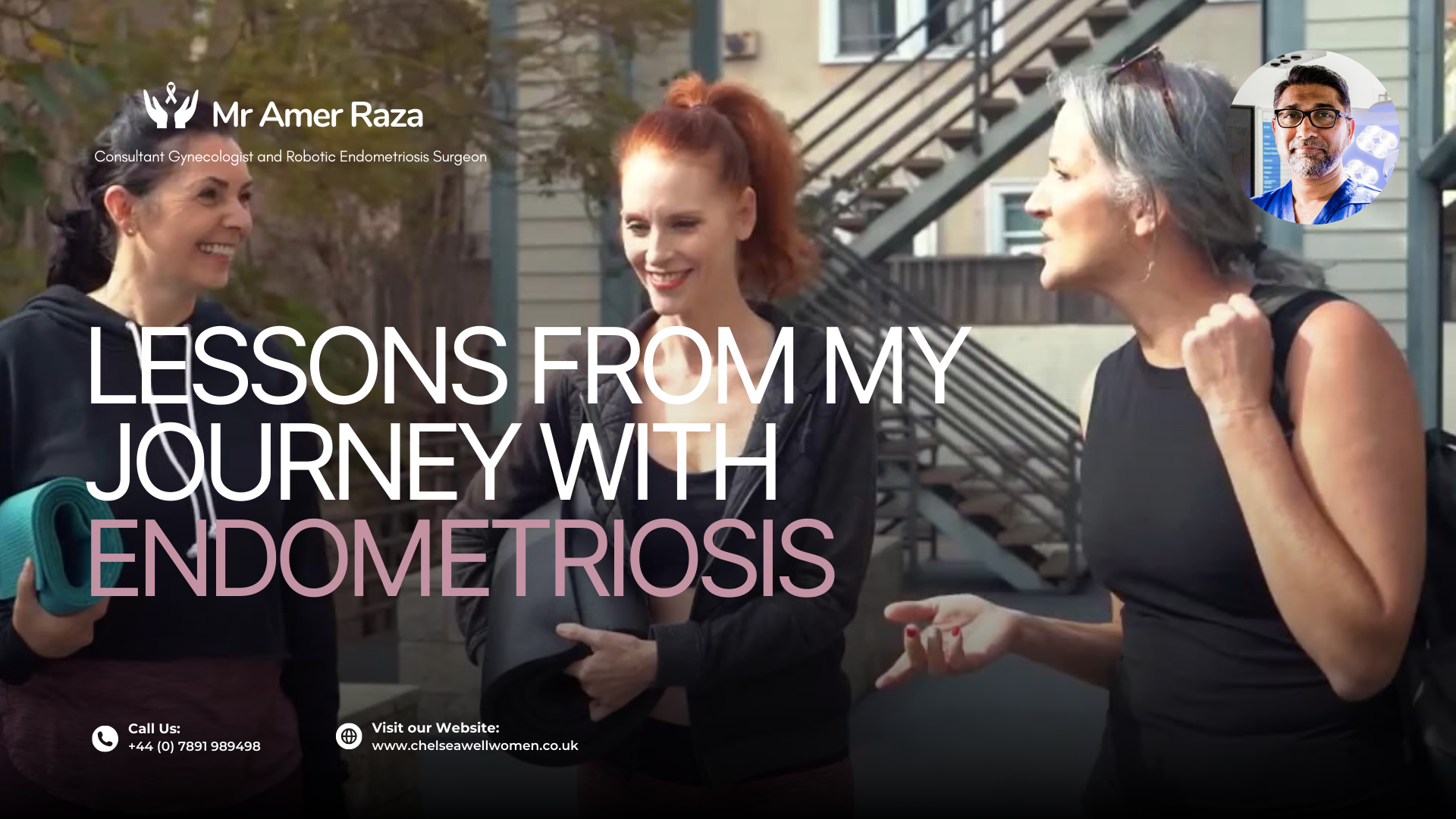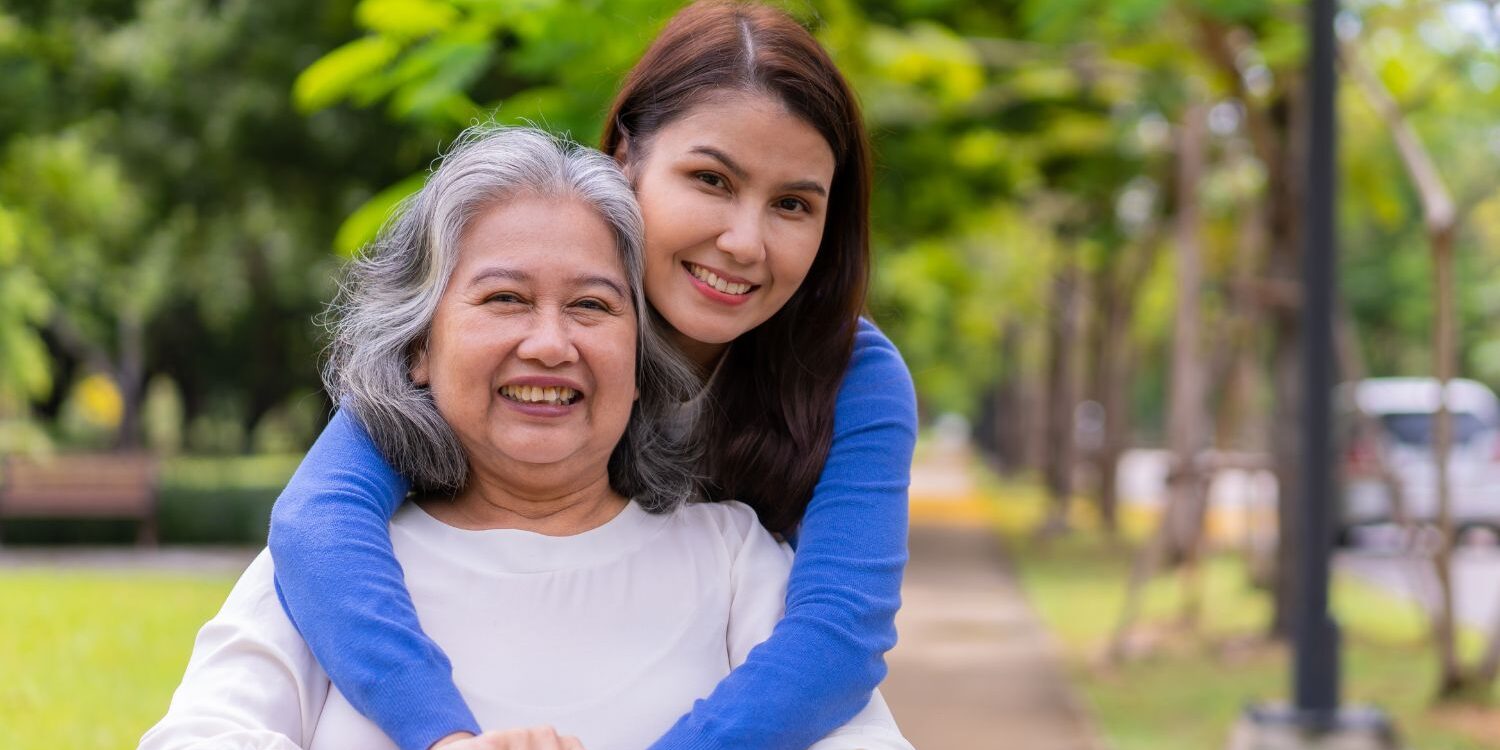Lessons from My Journey with Endometriosis
Living with endometriosis has been a long and challenging journey, filled with pain, uncertainty, and resilience. When I was first diagnosed, I had little understanding of what this condition truly meant for my daily life. Over time, I have come to learn how to navigate its complexities, manage symptoms, and advocate for my own well-being. Through trial and error, I have discovered valuable lessons that have helped me cope with this chronic illness.
Understanding My Body’s Signals
One of the most important things I have learned is to listen to my body. Endometriosis symptoms can vary widely from person to person, making it crucial to recognize personal triggers. Certain foods, stress, or even physical activity can aggravate pain and discomfort. By keeping track of my symptoms, I have been able to identify patterns and adjust my lifestyle accordingly. Learning to respect my body’s limits has been essential in managing flare-ups and preventing unnecessary suffering.
Finding the Right Medical Support
Navigating the healthcare system with endometriosis can be frustrating. Many doctors still lack awareness or dismiss the severity of symptoms. I quickly realized the importance of finding a knowledgeable and compassionate medical team. Seeking second opinions and advocating for myself became necessary to receive the right treatment. Not all doctors approach endometriosis with the same level of expertise, so persistence in finding a specialist who truly understands the condition has been a game-changer.
Exploring Different Treatment Options
Endometriosis does not have a one-size-fits-all solution. Some people respond well to hormonal treatments, while others find relief through surgery, lifestyle changes, or alternative therapies. I have experimented with various approaches, including dietary modifications, pain management techniques, and holistic treatments. While not every method has worked, the process has taught me to remain open-minded and patient. Finding the right combination of treatments takes time and self-awareness.

The Mental and Emotional Toll
Beyond the physical pain, endometriosis affects mental and emotional well-being. The unpredictability of symptoms can make it difficult to plan daily activities, leading to feelings of frustration and isolation. I have learned the importance of prioritizing my mental health, whether through therapy, meditation, or simply allowing myself to rest when needed. Connecting with others who share similar experiences has also provided invaluable support. Knowing I am not alone in this journey has made a significant difference in my outlook.
Advocacy and Raising Awareness
One of the most empowering aspects of my experience has been advocating for myself and others with endometriosis. For too long, this condition has been misunderstood and dismissed. By sharing my story, I hope to contribute to greater awareness and encourage those who are struggling to seek proper care. The more we speak up about endometriosis, the closer we get to improved treatments and better support systems.
Final Thoughts
Living with endometriosis is an ongoing journey that requires patience, resilience, and self-compassion. While it is not easy, I have learned to adapt, listen to my body, and seek the right support. Every challenge has taught me something valuable, and despite the difficulties, I remain hopeful that awareness and medical advancements will continue to improve the lives of those affected by this condition.






